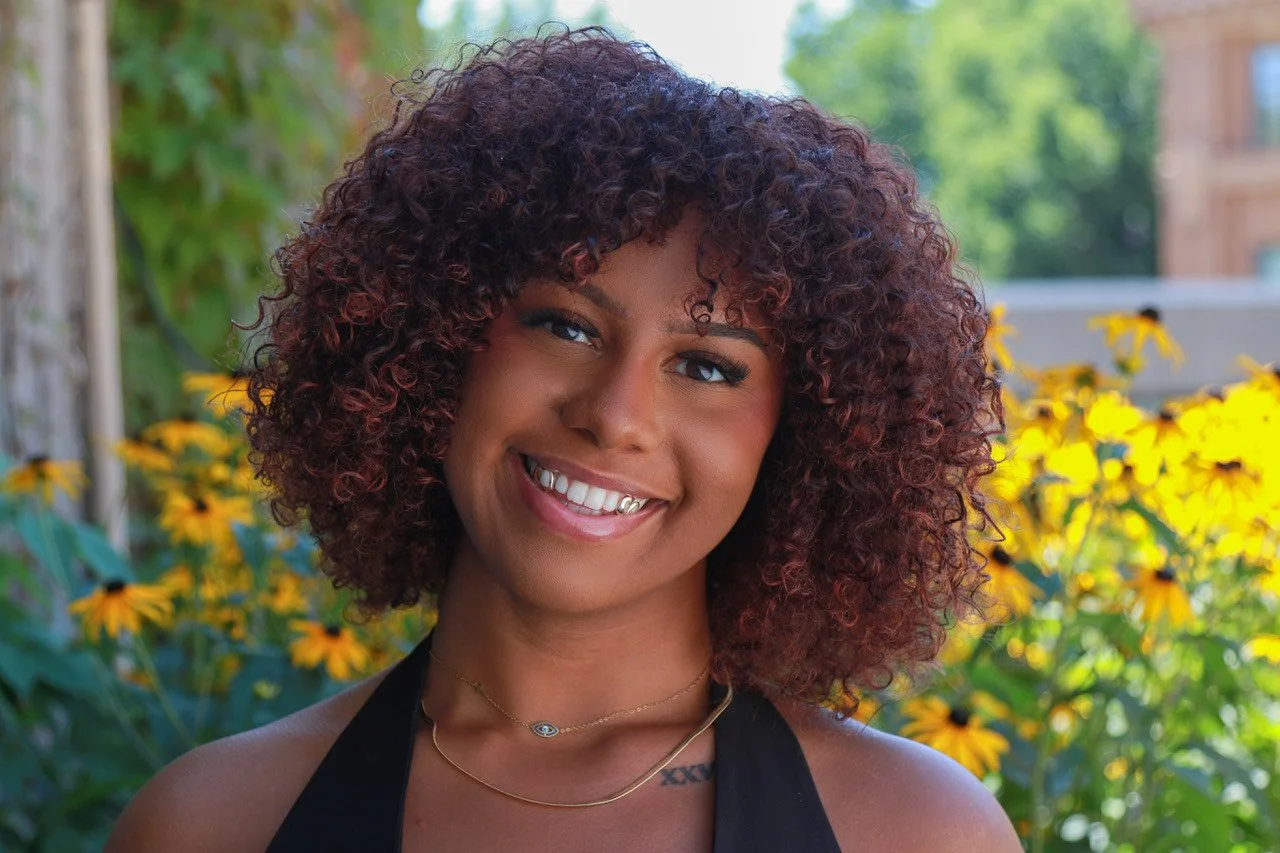BEER HISTORY STUDIES FELLOWSHIP
Beer history studies are a nascent area of research and, like other industries or academic fields, people of color are severely underrepresented. Wanting to change that, the Beer Culture Center and the Newberry Library announced the creation of a groundbreaking fellowship in late 2024. The first of its kind, the Beer History Studies Fellowship is an opportunity open to BIPOC (Black, Indigenous, People of Color) MA students, PhD candidates, or post doctoral scholars engaged in a project focused on beer history and culture research. By financially and academically supporting this student, the ultimate goal is to help diversify the academic field of beer history studies and the adjacent beer industry in a new and dynamic way.
After months of accepting and reviewing applications, we selected our first ever scholar in the Spring of 2025. We are thrilled to share that, Onteya Zachary, a PhD candidate at the University of Minnesota is our inaugural Beer History Studies Fellow. Onteya spent August of 2025 researching, writing, and working on her project entitled Dark Debts: The Spatial Politics of Race and Beer in Chicago’s Landscape from the Great Migration to the Black Power Era. Stay tuned for future programming featuring Onteya and her research.
Image courtesy of the Chicago History Museum, i00694
Dark Debts: Race, Labor, and the Black Saloon in Late 19th Century Chicago
Onteya Zachary’s archival research recovers the overlooked role of Black saloon ownership in shaping Chicago’s beer economy and urban geography between 1850–1905. Drawing on city directories, census records, fire insurance maps, and newspapers—alongside Black feminist and urban geographic frameworks—Zachary traces the story of Chicago’s first Black saloon keeper. This saloon emerges not merely as a space of vice, but as a financial, social, and even fugitive geography for early Black Chicagoans, offering banking services, community support, and potential connections to the Underground Railroad. At the same time, like many who followed in his trailblazing footsteps, the saloon keeper was subjected to racialized surveillance, moral panic, and erasure from canonical beer histories that privilege German and Irish immigrants. By piecing together fragmented archival traces and reading against their silences, Zachary reframes Chicago’s brewing history as indebted to Black labor, ingenuity, and survival—what is termed “dark debts”—and demonstrates how racialized geographies structured both the growth of the beer industry and the city itself.
Listen to a thoughtful conversation with Liz Garibay of the Beer Culture Center, John Holl of All About Beer, and Onteya Zachary. The trio discuss the Beer History Studies Fellowship and more.
This pioneering initiative is a partnership between the Beer Culture Center, the world’s first cultural organization dedicated to beer studies and the Newberry Library, a major center of research since 1887.
The Newberry’s rich collections and long history of welcoming fellows for research make this an ideal partnership. Scholars of beer history can find specific items, such as The Western Brewer, but many other collections can offer clues about how beer has shaped human relations for centuries. Researchers will find papers on Chicago and the Midwest, genealogy, labor, travel and exploration, performing arts, religion, and one of the largest public collections of postcards in the United States. Visit the Newberry Library website to learn more about their core collection and about all of their short-term fellowships.
The Beer Culture Center is driven by a deep-rooted belief that beer is more than just a beverage. It is a dynamic cultural force with the ability to bring people together and the power to make change. As the world’s first non-profit dedicated to sharing stories of how beer has shaped humanity, past and present, the center has become the national entity and cultural authority focused on this effort.




